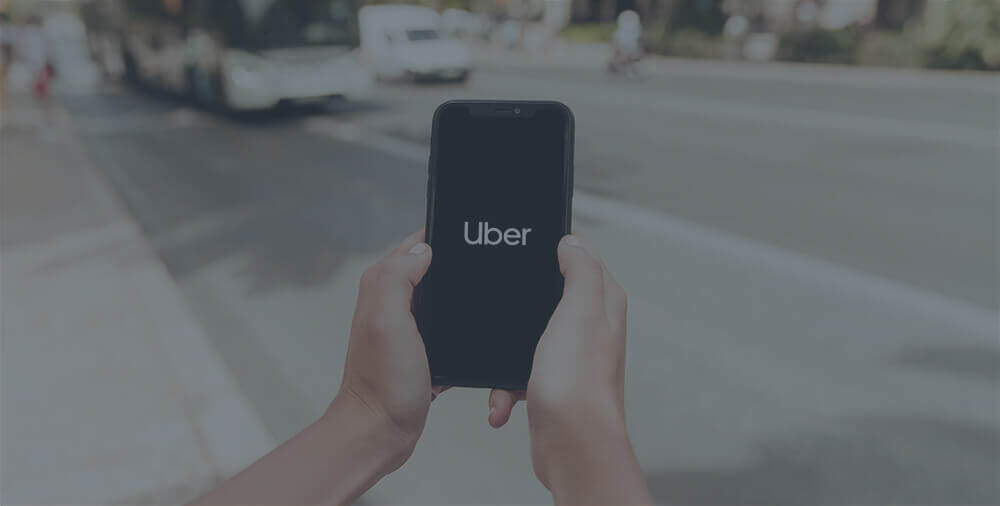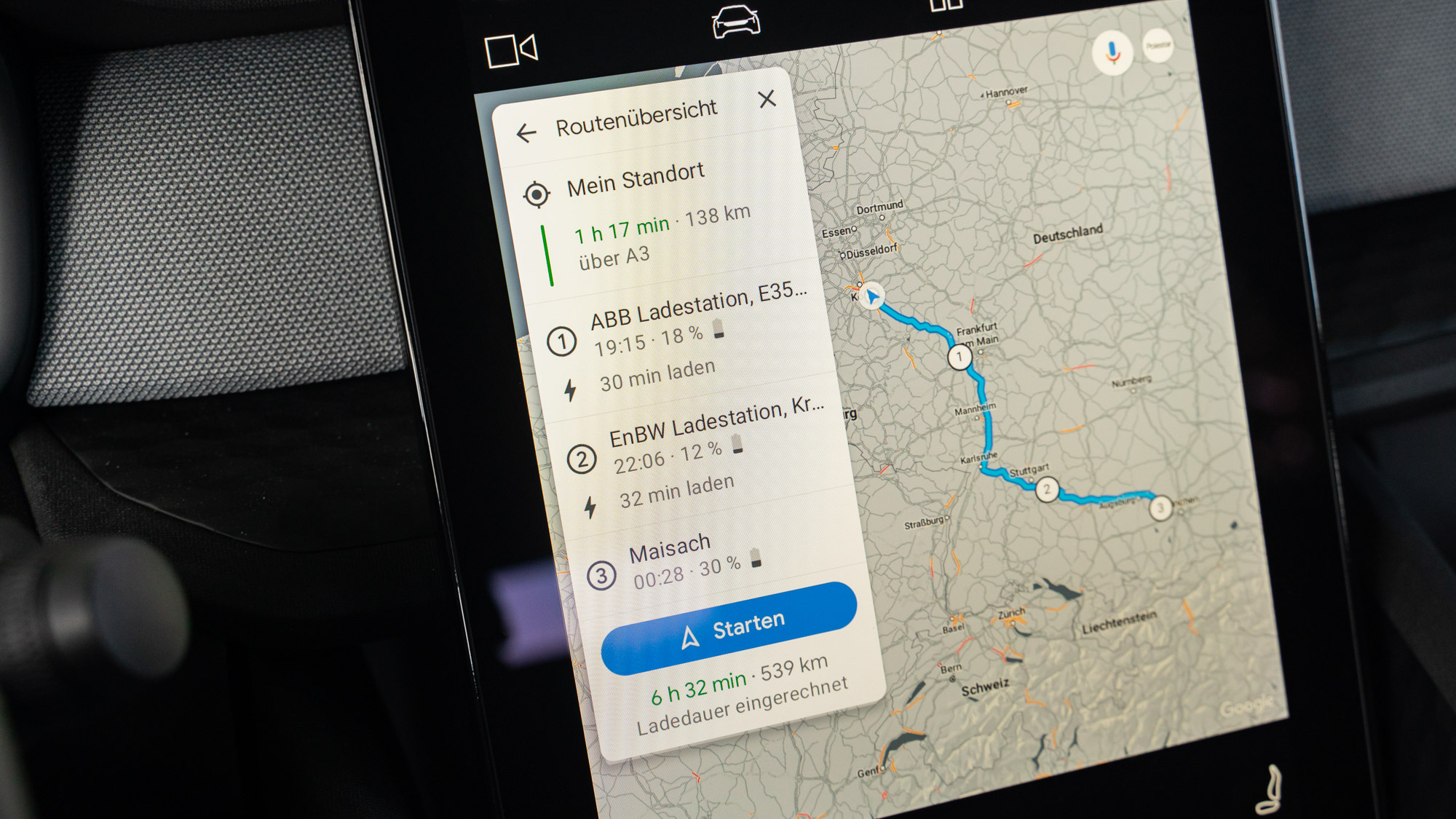This year the virtual reality market is estimated at $6.1 billion and is expected to reach a whopping $20.9 billion by 2025.
While many social platforms have taken note of the trend, Facebook has cemented itself as one of the leaders for building technology in the space including VR headsets and spearheading the trend that is virtual social reality. The company made a big splash when it launched Oculus in 2014 and have since expanded on this growth through releasing a variety of headshots including the Oculus Rift and the standalone set Oculus Quest.
During OC6 in September 2019, Facebook introduced Facebook Horizon — a “social experience where you can explore, play and create in extraordinary ways.” Users were invited to join a beta group until recently when the platform decided to expedite the process of having people on the waitlist actually test the experience.
Promoting gameplay and world building
During a time where “Zoom fatigue” is a common saying and Zoom calls and drive-by birthday parties are the norm, people crave a new type of social interaction — one that isn’t passive but active in the ability to feel immersed and collaborate with others through representation, play, and worldbuilding.
One of the many features of Horizon is being able to engage in games like mini golf, escape rooms, and paintball. Another notable emphasis is on world-building. What does this mean for brands and marketers? A new way to interact with and engage audiences. For example, they’d have the option to build a world for consumers to participate in a scavenger hunt that leads them to discount codes for free items. More generally, they could have the option to shoot ads directly within Horizon and use the avatars of fans as extras — giving them a first-hand look and direct involvement in the product they’d buy.
Capitalizing on the growing role of social VR
As the pandemic has shaped society primarily in how we socialize, the importance of social VR apps like Horizon have never been more timely or important for people looking for a single place to gather with friends and get creative. For some context — a new Statista survey found that almost 30 percent (29.7) of U.S. social media users engaged with social media apps 1 to 2 additional hours per day during quarantine. Separately, eMarketer recently found that 51 percent of U.S. adults are using social media at higher rates due to the pandemic.
“Imagine a place where a brand can invite their brand ambassadors to try out a product without hopping on an airplane? A place a brand can launch a press release without writing a press release but actually being there and sharing the news with a community of journalists in social VR. There are so many opportunities for brands and content creators. I can’t wait to see what happens next,” shared early beta Horizon content creator and social media consultant, Navah Berg in a statement to Forbes.
Prioritizing safety and privacy
Converging the virtual and physical worlds comes with its fair share of opportunities in how we connect and collaborate, but it also comes with risks Facebook has a responsibility to manage, specifically around privacy and safety.
Facebook is taking measures to get ahead of these issues by incorporating a personal “Safe Zone,” in which Horizon users can mute, block or report people and content around you. “We know it’s difficult to record a painful incident while it’s happening, which is why your Oculus headset will capture the last few minutes of your experience in Horizon on a rolling basis. When you submit a report, you can include this captured information as evidence of what happened,” Facebook explained.
No matter your stance on VR and its use cases, developments like these are worth keeping tabs on from the perspective that the future of communication are undoubtedly headed in this direction. We are approaching an inflection point in which technologies will only continue to push the boundaries of social media marketing and redefine the words “communication” and “presence.”
Join 100,000+ fellow marketers who advance their skills and knowledge by subscribing to our weekly newsletter.













